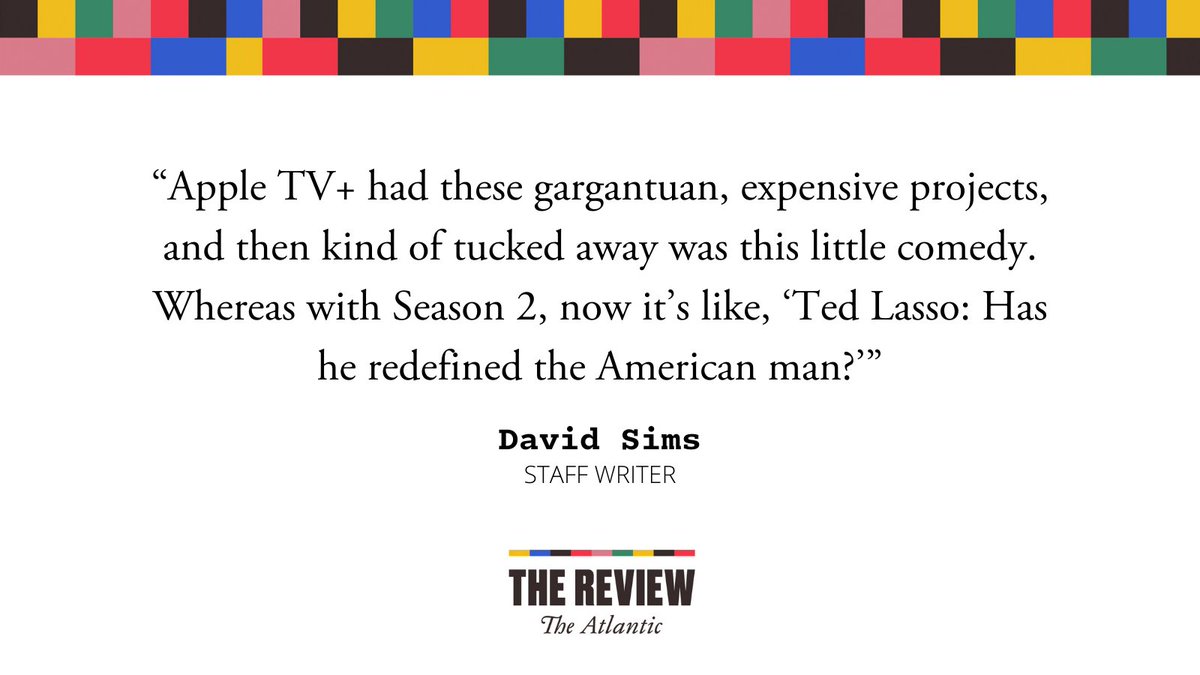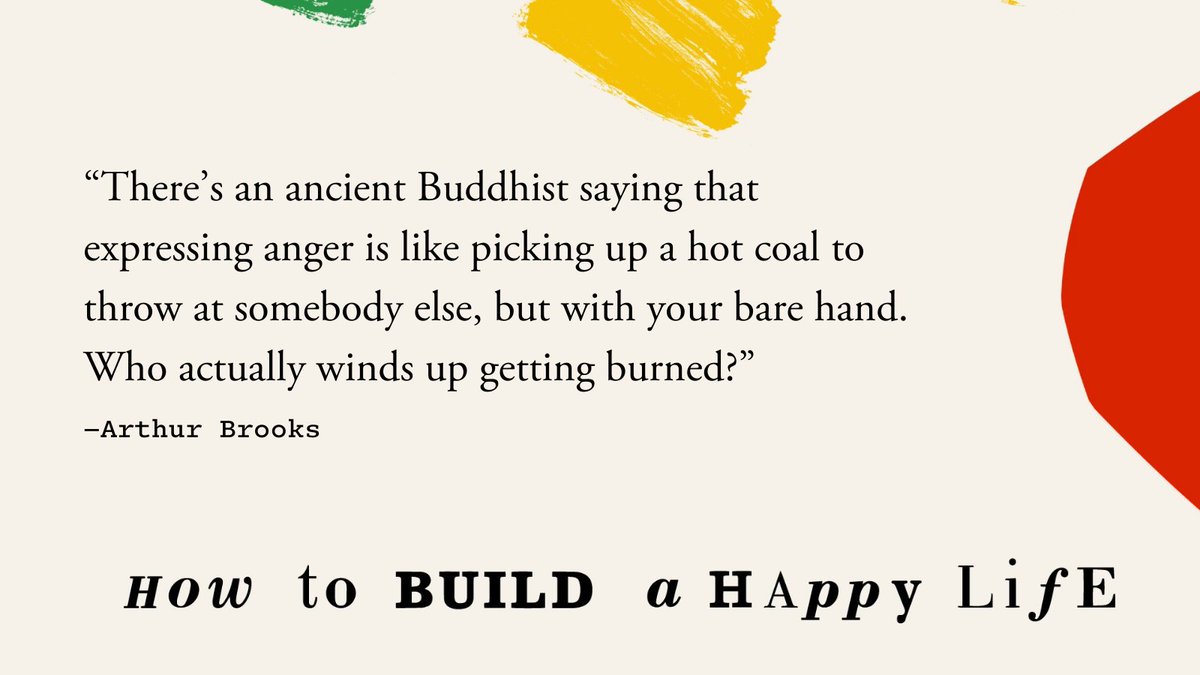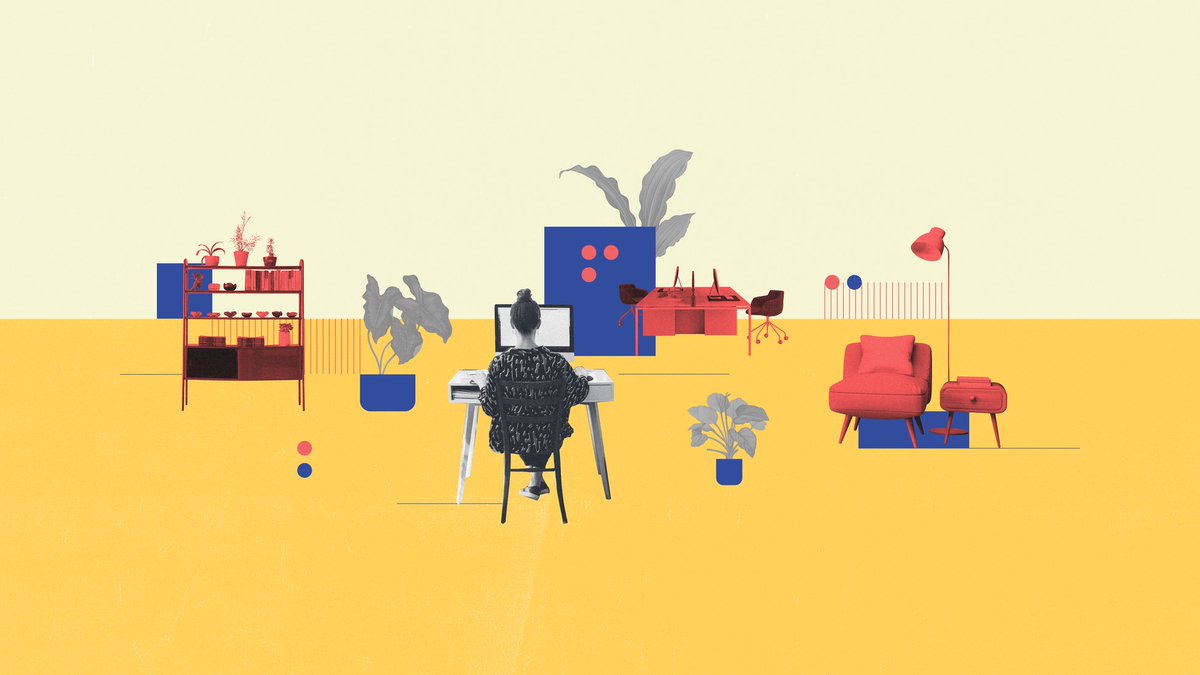
1/4 In the first episode of the podcast “The Review,” our staff writers @davidlsims, @megangarber, and @sophieGG discuss the unlikely hit sitcom #TedLasso. What is the second season saying about the merits (and the limits) of American optimism? theatlantic.com/podcasts/archi…
2/4 “‘Ted Lasso’ came out of nowhere, almost,” @sophieGG says. The show was adapted from an NBC Sports ad in which an American coach who knows nothing about soccer moves to England to coach a Premier League team. The result, our critics agree, is a heartwarming, feel-good show. 

3/4 #TedLasso “took off because people really loved its ethos, its optimistic sports narrative in Season 1,” @sophieGG says. @megangarber adds: “I think there’s something quietly genius about making this show that is about team sports not about the sport at all.” 

4/4 Like what you hear? Subscribe on your favorite podcast player to get the next episode when it drops: traffic.megaphone.fm/ATL9582151129.…
• • •
Missing some Tweet in this thread? You can try to
force a refresh












